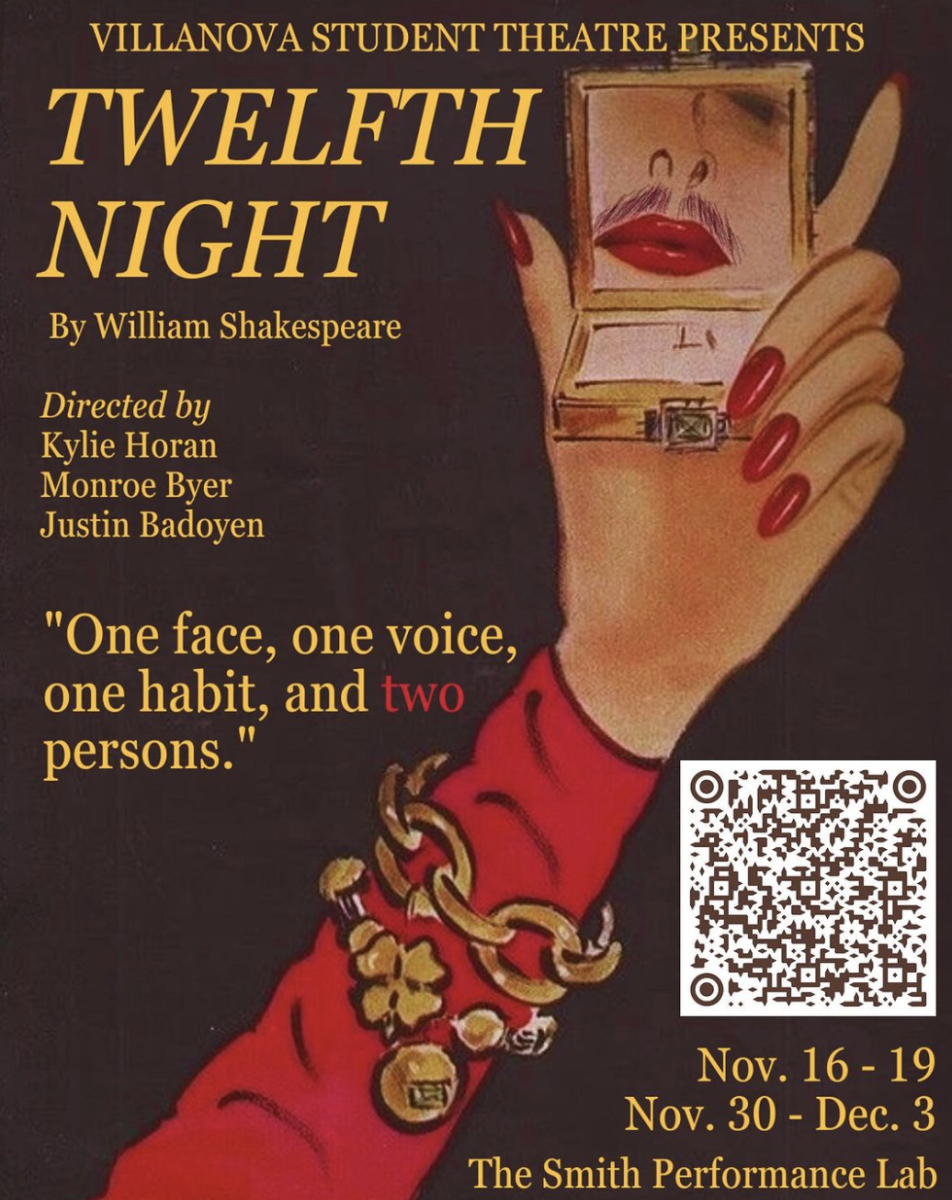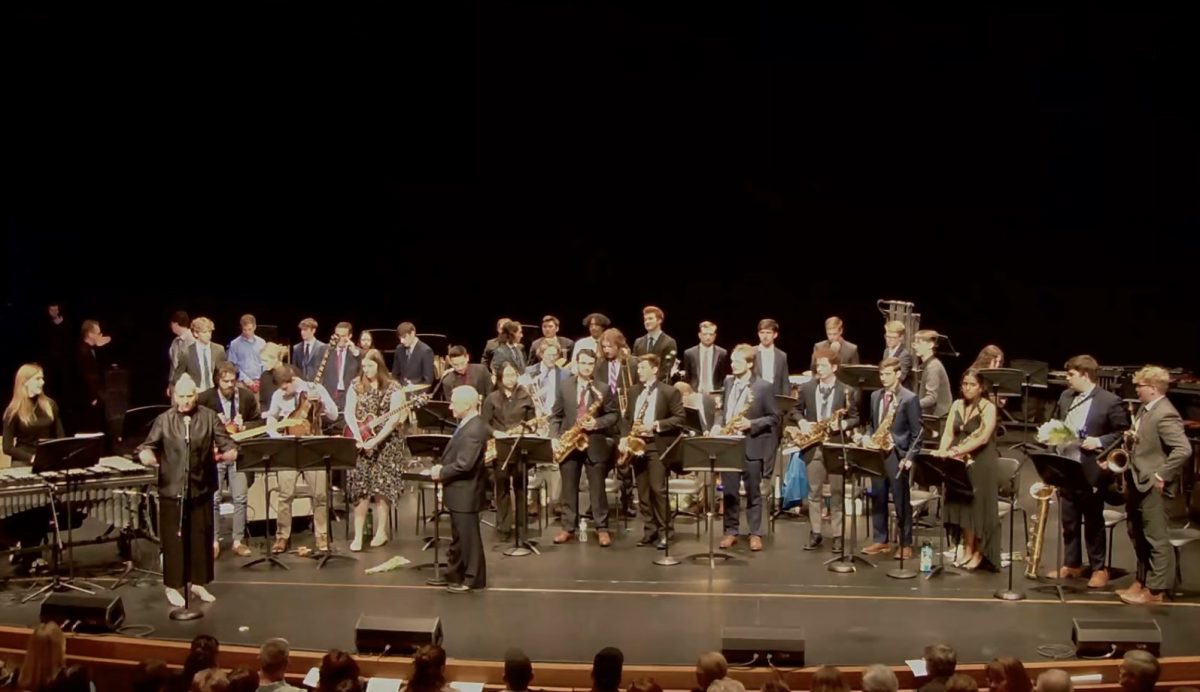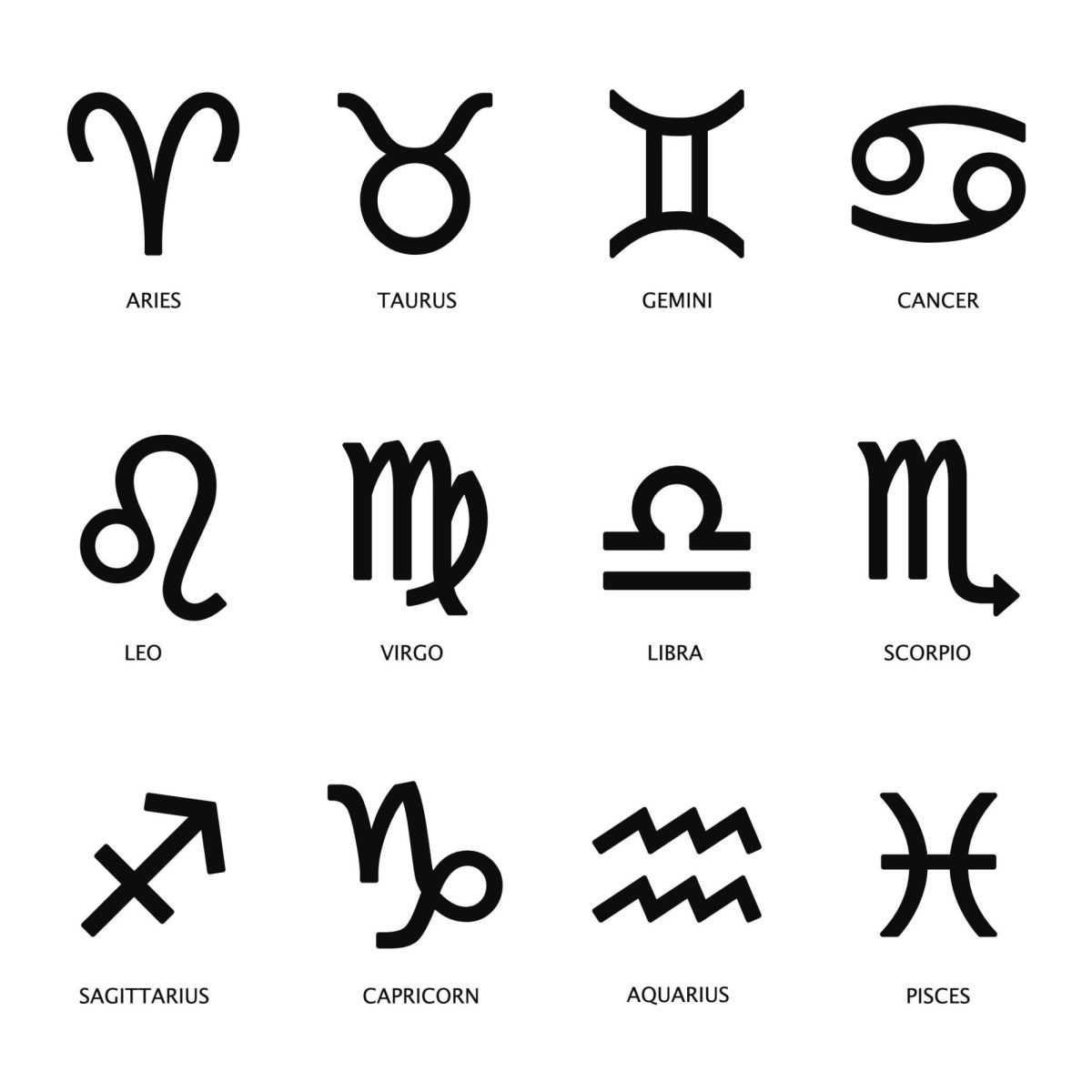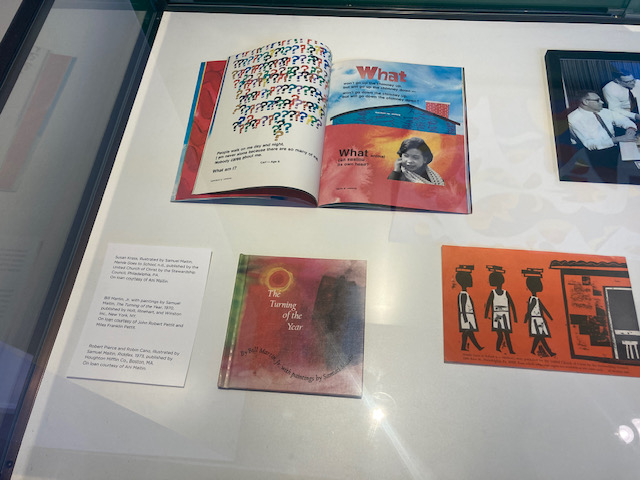From Nov. 16 to Dec. 3, Villanova Theatre will be staging William Shakespeare’s “Twelfth Night” at the Smith Performance Lab in the John and Joan Mullen Performing Arts Center. The performers consist of 11 talented undergraduate students, and this play is directed by cast members Kylie Horan, Monroe Byer and Justin Badoyen.
“Twelfth Night” tells the story of twin brother and sister Sebastian (Jeremy Eaton) and Viola (Jane Brenninkymeyer) who have unfortunately suffered a shipwreck, and each of them believes the other has drowned since they have been separated. Viola then disguises herself as a man, going by the name Cesario, and becomes employed by Duke Orsino (Monroe Byer). She falls in love with Orsino, but he is in love with Countess Olivia (Aaliyah Abdelhadi). Incorrectly believing that Viola is a man, Olivia falls in love with her, creating a complicated love triangle that fuels love, passion and desire. The play also features the performances of Majo James as Antonio, Kylie Horan as Maria, Dominic Wierzbicki as Malvolio, Vix McCoy as Feste, Justin Badoyen as Sir Toby, Owen Dorlac as Sir Andrew and Sophia Adams as Valentine.
“Twelfth Night” was written sometime between 1601 and 1602 to be performed for Queen Elizabeth I. It was meant to celebrate a Christian holiday by the same name that is usually commemorated at the end of the Christmas season. Though Shakespeare did not set the play in a particular time period, Villanova’s production of Twelfth Night is unique in the fact that the company has chosen to set the scene in the 1940s. Director and “Shakespeare translator” Monroe Byer explained the importance of this decision, since “…the 1940s [is] a backdrop with strictly defined gender roles that reflect the existing demarcations in the text.” The directors have also chosen to use jazz music from this time period, since music is required as part of the production due to the script.
Concerning the musical nature of the script, Villanova’s production of “Twelfth Night” is also distinctive in the fact that certain settings and aspects of characters have been modified to fit a “…1940s, Casablanca-style jazz club,” Horan said. “…the palace of Duke Orsino becomes the club Orsino’s, Feste becomes a lounge singer…,” among other variations. Putting a new spin upon an otherwise well-known play allows the audience to gain a new perspective on a production they may already be somewhat familiar with, as the script is reflective of specific social roles and not a single time period.
Since there are differing feelings towards the other between Orsino and Olivia, the conflict between them is a major aspect of the plot. Byer described Orsino as “the classic archetypal lover” since he is “…romantic, passionate, pining, verbose, musical [and] a bit melancholic.
“It’s essential to give Orsino an arc to mend aspects of his character that would read as problematic to modern day audiences,” Byer said. “[Since] the play is from Elizabethan England, after all.”
Byer also shared that being cast as Orsino is different from her previous experiences in acting, since she is “often typecast as the villain,” so “play[ing] a romantic lead, let alone a comedic one” has been a unique experience and “…a bit out of [her] comfort zone.”
The conflict in the play surrounding Maria, a servant employed by Olivia, is the Malvolio scheme, since she is “the wit behind [it],” Horan said. This scheme is the “‘B-plot’ of the show,” and Horan said if she were to characterize her in a single word, it would be “spitfire.”
Though Horan acknowledged differences between herself and the character she plays, she “…sees similarities in that [they] both enjoy taking on leadership roles and share a passion for forging penmanship,” though Horan recognized that she is “not as cruel as [Maria] can be in moments of the show.”
Without giving anything away, Horan shared that her favorite line of dialogue in the play is, “Sir Toby, I must be round with you.”
“Dominic Wierzbicki’s Malvolio is just about the funniest thing I have ever seen, and this is one of many lines which his portrayal makes unforgettable,” Horan said, though the line may not sound particularly important.
To witness romantic chaos, confusion due to mistaken identities and hilarious characters, see “Twelfth Night” while it is playing at the John and Joan Mullen Performing Arts Center.








